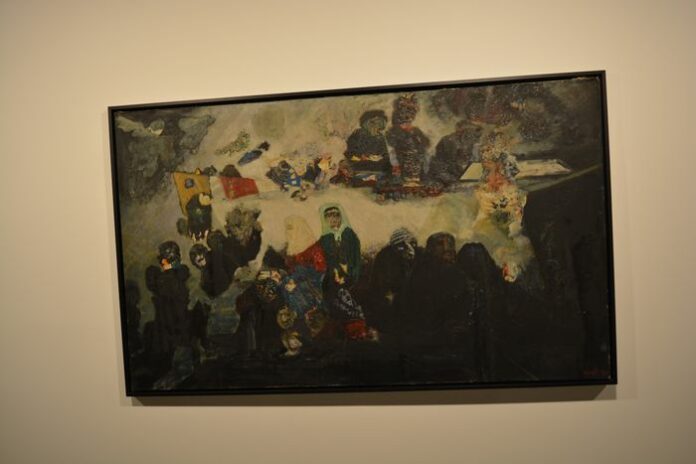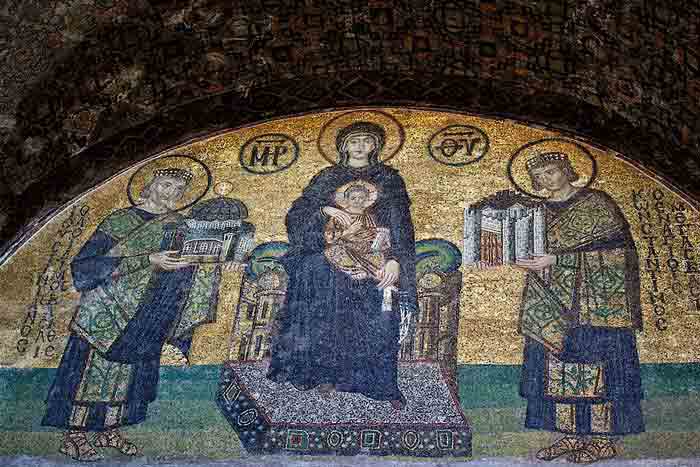It’s difficult to say whether a specific Macedonian village is Bulgarian or Greek. The populations are mixed. Some Bulgarians speak Greek, while some Greeks speak Bulgarian. There are Bulgarians who belong to the Greek Orthodox Church and are considered Greek, and there are Greeks who belong to the Exarchist Church and are considered Bulgarian. People often change their identities, too. One week, someone might say they are Greek, and the next week, they’ll say they are Bulgarian The Divided Population of Macedonia.
Nationality, Not Just Race
In Macedonia, nationality is more about politics, religion, and fear than race. Most people speak both Greek and Bulgarian and may switch languages depending on their political loyalties. Some peasants who support Greek or Bulgarian causes may only speak Turkish. So, while it’s common to say that the conflict is between Bulgarians and Greeks, it’s important to understand that people’s loyalties are not simply based on their ethnicity but on which side they support politically and religiously.
Rivalries in Macedonia
Even though the rivalry between Bulgarians and Greeks seems like it would make governing easier, the situation is actually much more complicated. Both groups are fighting for control, but the real issue is not about nationality—it’s about which political side or cause they support. In theory, it should be easy for the government to balance these claims, but the Turkish administration is failing to manage the situation Istanbul Day Trip.








